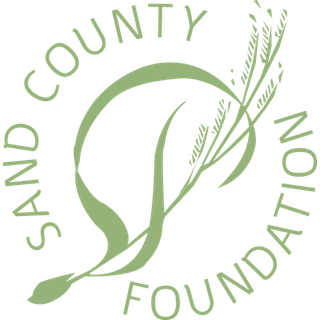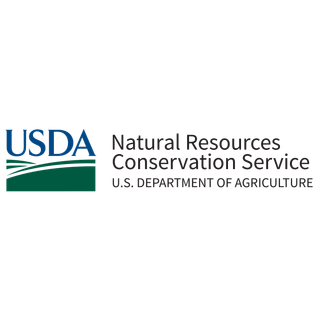With a winning entry of 459.91 bushels per acre, Russell Hedrick shattered the dryland corn yield record in 2022. Not bad for someone who began farming 10 years prior on tight red clay with a propensity for erosion.
A few months after his win, Russell shared the secret of his success at the National No-Till Conference. His open-book approach is a testament to his passion for helping other farmers achieve yield, while promoting soil health principles and conservation.
Over the course of a decade, this student became the teacher. Russell has spoken to agricultural audiences in 46 states and eight countries. Not limited by constraints of conventional or regenerative agriculture dogma, he is revered as an approachable, sensible expert in nutrient management, farm equipment, and business. Along the way he earned the moniker of The Regenerative Farmer.
It’s quite a transformation for a first-generation farmer who watched his grandfather, Robert Richard, work a factory job while tending to 15 cows and a hay field. That glimpse into agriculture was enough to spark something within Russell. He’d spent a decade working as a firefighter before saving enough money for used farm machinery and his first 30 acres.
He began focusing on yield. After watching winter rains erode his soil, he investigated how conservation practices could prevent erosion. Russell devoured everything he could learn on the topic. He attributes his successes to the luck and grace of meeting the right mentors at the right time.
He stopped tilling the soil and began planting cover crops and diverse crop rotations to reduce sediment and nutrient runoff while increasing biodiversity. He added compost to his fields and integrated grazing livestock to build the soil’s organic matter.
This combination of conservation was working. The cornfield that produced the record-breaking yield saw its organic matter levels rise from 1.7 percent to 8.2 percent by early 2022.
Russell also reached out to the developer of the Haney Test, which uses a unique method to determine which nutrients are available in soil. Having that information in hand helped him drop his input costs, especially nitrogen, by an estimated 70 to 80 percent. By comparison, there are farmers applying the same amount of fertilizer as Russell does, only to achieve one-third of the yield that his rejuvenated soils do.
Russell now grows 650 acres of non-GMO corn and soybeans, along with barley, oats, triticale, and wheat. His crops thrive amid drought thanks to the soil’s improved capacity to infiltrate and hold moisture, while cycling biological nutrients. He credits soil health practices with reducing greenhouse gas emissions and protecting nearby streams from sediment runoff.
Russell is described as an innovator who is willing to try anything to improve his farm’s profitability and resilience.
He has co-founded a handful of farmer-first businesses. Regen Mills is a mobile grain milling operation that increases returns on investment for its farmer-owners. Heritage Ground is a direct marketing company that saves farmers the time and effort required to market their milled products to consumers. Farmers Reserve Distillery sells bourbon and other liquors made from grain grown by regenerative farmers. Through Soil Regen, an organization advancing regenerative agriculture, his advice to other farmers about their production systems impacts more than one million acres.
As for the red clay he purchased in 2012, its texture now resembles black cookie crumble, a sure sign of soil health.



